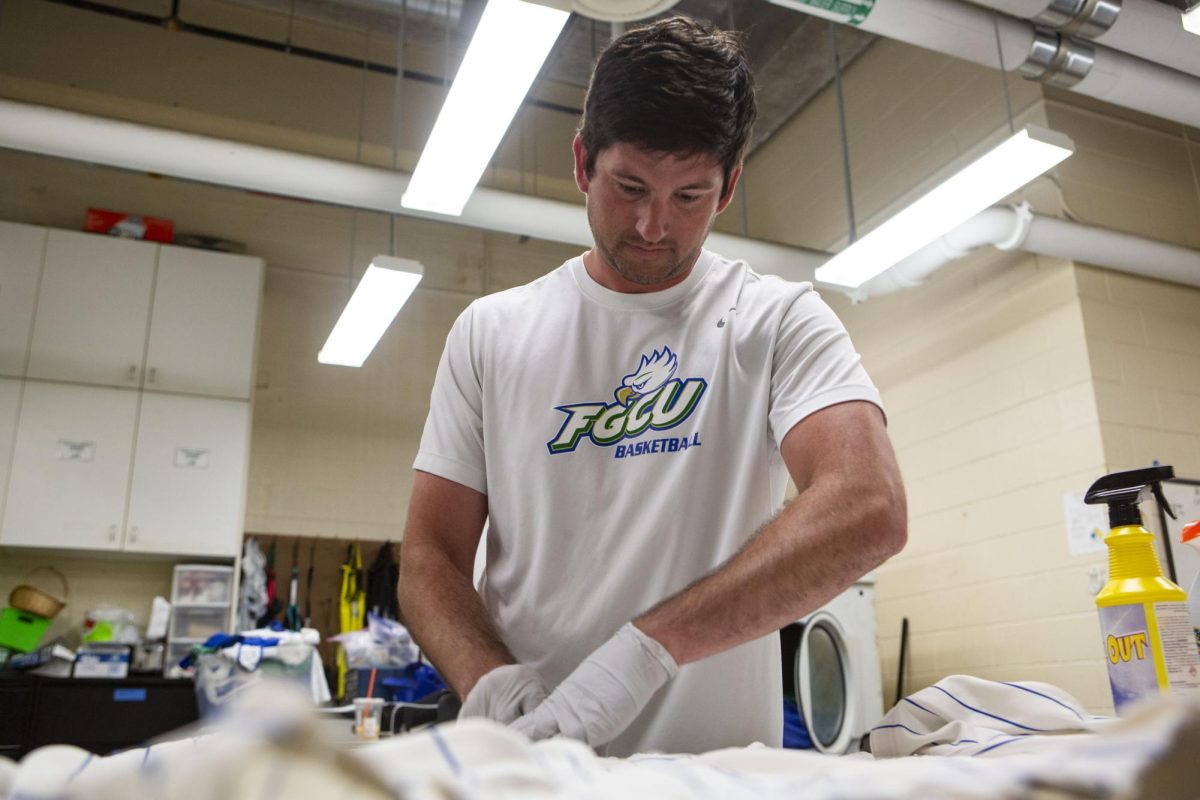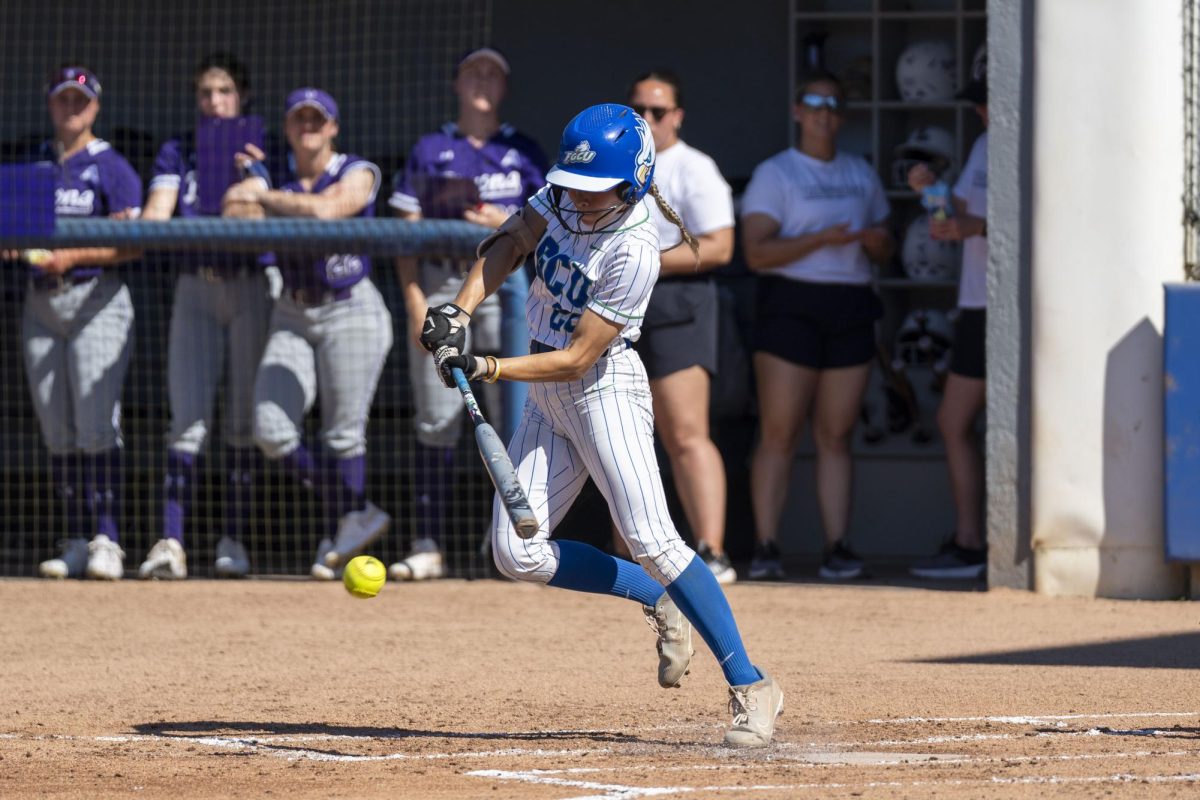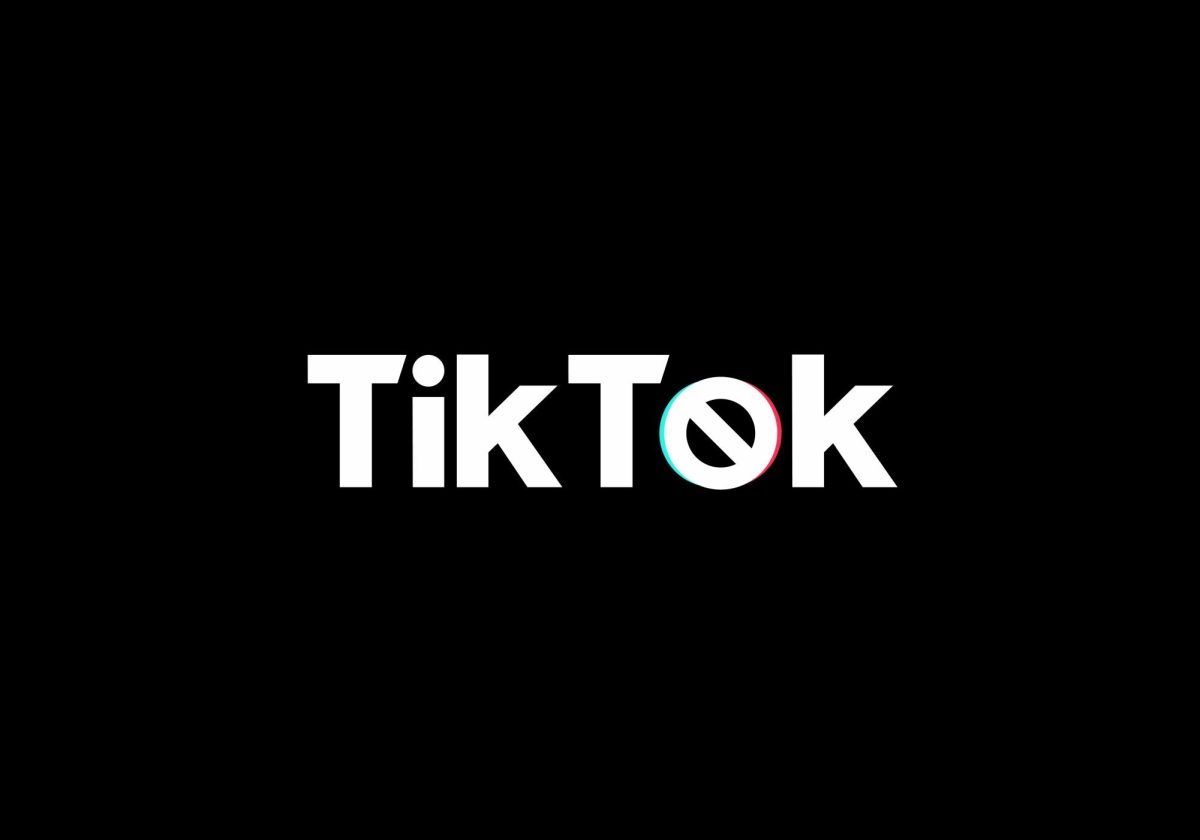By Trinia Oliver
Assistant Entertainment Editor
Citizens are working to collect signatures for another petition in favor of legalizing cannabis.
Tables have been set around FGCU, as activists gather to collect signatures to put a Florida Cannabis Act on future ballots. This Act will allow cannabis to be sold in stores to customers of the legal age, akin to the purchasing of tobacco or alcohol.
The summary of the Florida Cannabis Act reads: “Regulates marijuana (hereinafter “cannabis”) for limited use and growing by persons twenty-one years of age or older. State shall adopt regulations to issue, renew, suspend, and revoke licenses for cannabis cultivation, product manufacturing, testing and retail facilities. Local governments may regulate facilities’ time, place and manner and, if state fails to timely act, may license facilities. Does not affect compassionate use of low-THC cannabis, nor immunize federal law violations.”
The act supports for the legalization for the specific strain of cannabis that gives the “intoxicated effect.”
Similar to most plants cultivated today, there are morethan one strand of cannabis, as explained by Sam Walch, an instructor in the department of Integrated Studies at FGCU and one of the professors over the course Weed: Impact of Marijuana.
Walch says there are two main “parts” to cannabis, which is hemp and marijuana—the first which has low THC (the chemical that gets you “stoned”) and the second having high THC.
“Hemp also contains high cannabidiol, the chemical which has been proven to have many health benefits including anti-inflammatory and pain reduction. It lowers anxiety and it does not provide the psychotropic effect. It was even used in WWII for a certain time to make rope.”
Some students, like first year finance major August Green, said marijuana should be legalized with a few restrictions.
“But selling it [in locations like] grocery stores would be hard,” Green said. “I can’t imagine a lot of people outside of [those] who were already supporting medical marijuana in general supporting this.”
The legalization of marijuana raises ethical concerns that stretch far beyond economics.
Walch explained that alcohol—as he describes a “legal drug”—is more dangerous to consume than cannabis.
“Alcohol really isn’t safe at any level,” Walch said. “You can tolerate it but it really isn’t good for you. So, with putting another drug out on the market, when given a choice between the two, from what we know right now cannabis is pretty safe—much safer than alcohol especially.”
Walch says if consumed in high doses, marijuana can cause paranoia, vomiting and some cases of hospitalization when ingesting too many edibles at once.
However, according to Walch, there have been no deaths directly linked to the consumption of marijuana.
Cannabis is currently labeled as a Schedule one drug, which is the lowest level in the rating scale for all drugs used by the federal government, professor of biological sciences and professor for Impact for Marijuana, Dr. Martha Rosenthal said. The lower number poses the most danger, has no recognized medical uses, and has a high potential for abuse and addiction. On this Schedule scale, cocaine is rated a two.
The difference between cannabis benefits versus other drugs lie in its medical uses—for marijuana, it lies in its CBD. According to Rosenthal, high CBD helps decrease seizures, lower nausea and vomiting in cancer patients.
But the U.S. medical field still needs to do more research on it, she said.
“There’s something called the therapeutic index. It’s a ratio of the safety of drugs,” she said. “So, basically, it’s the ratio of the lethal dose over the affective dose. So let’s say if you take one pill and that makes you go to sleep, if you take three pills and you die, that’s a three over one—that’s a ratio of lethal over affective—that’s a therapeutic index ofthree. That’s a dangerous drug. The lowest therapeutic index, the more danger the drug is. Alcohol is about a six.”
Walch said his one worry with the possible legalization of marijuana is that it’s going to cheapen the medical end of it.
However, because of the illegal status of cannabis, not much studying on its benefits has been accomplished—although some of the current knowledge has been accumulated from research outside of the U.S. from places like Canada, Israel and Europe.
Rosenthal explained the process of getting medicinal marijuana in Florida.
“You have to go to a physician. [Then] You have to get diagnosed with whatever it is, whether it’s cancer, PTSD—there’s a list of conditions. […] That’s how it is in Florida, but it depends on which state [you live in].”


































